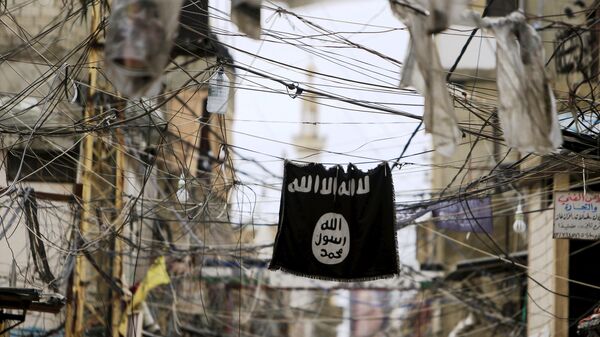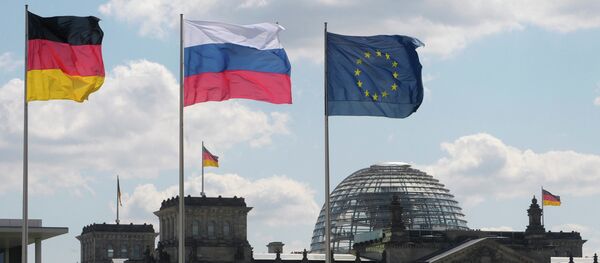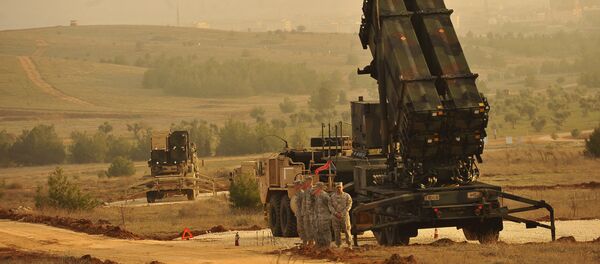The think tank talked to people in France, Germany, Greece, Hungary, Italy, the Netherlands, Poland, Spain, Sweden and the UK.
"Looking across the 10 European countries surveyed, a median of 76 percent say that [Daesh] is a major threat to their country, with only two-in-ten saying that [the terrorist group] is either a minor threat (17 percent) or no threat at all (3 percent)," the Pew Research Center detailed.
Europeans have reason to be worried. France and Belgium have been rocked by major terrorist attacks in recent months, with other countries also affected. These include the January 2015 Charlie Hebdo shooting and the Hypercacher kosher supermarket siege in and around the French capital, the November 2015 night of terror in Paris and the March 2016 bombing at the Brussels airport and subway.
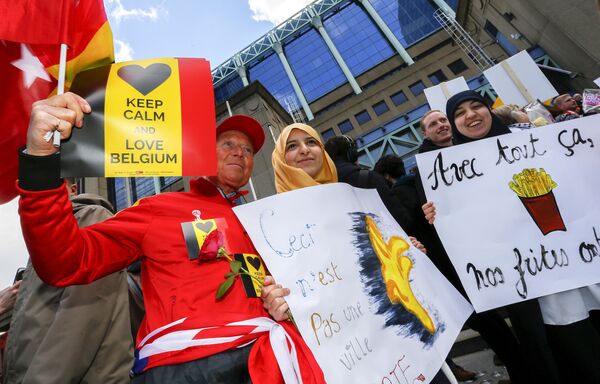
Greece is the only exception to this rule. Daesh is a major concern for 73 percent of Greek respondents, but their vote (95 percent) went towards global economic instability.
Cyberattacks launched from other countries and a massive wave of refugees from war-torn Iraq and Syria were also top concerns for many Europeans.
European top threats
— Jacob Poushter (@japoushter) 13 июня 2016 г.
1 ISIS
2 Climate change
3 Economic instability
4 Cyberattacks
5 Refugees
6 Russia
7 China
8 UShttps://t.co/rv1CLQS0O4
"Other threats such as tensions with Russia, China's emergence as a world power and US power and influence are perceived as less dire, though most people still perceive them as at least minor threats," the pollsters noted.
Thirty-four percent of respondents named the cold spell between the West and Russia as a major threat. Almost half of respondent (48 percent) view the tensions as a minor threat, with 16 percent saying that they pose no threat at all.
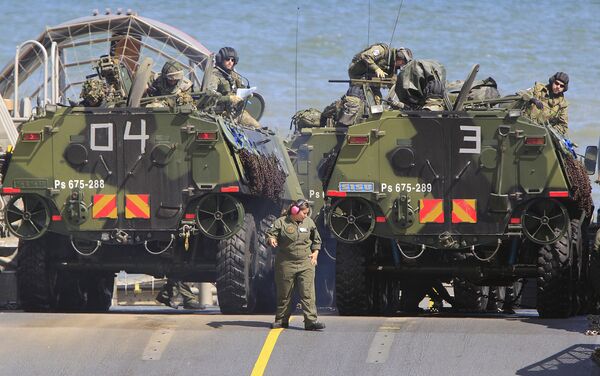
There is a noticeable exception in this regard, Poland. An overwhelming majority of Poles (71 percent) named tensions with Russia as a major threat to their country, a far greater percentage than any of the other nations surveyed.
Europeans say ISIS is top threat, but worry about climate change & economic instability too https://t.co/mkexnEjj9N pic.twitter.com/N6bjqE8gb7
— PewResearch Global (@pewglobal) 13 июня 2016 г.
Moscow has always maintained that it poses no threat to any of its neighbors or beyond.
Interestingly, Poland and the Netherlands are the only two countries that favor increasing defense spending. Fifty-two percent of Poles and 49 percent of the Dutch support this step.

